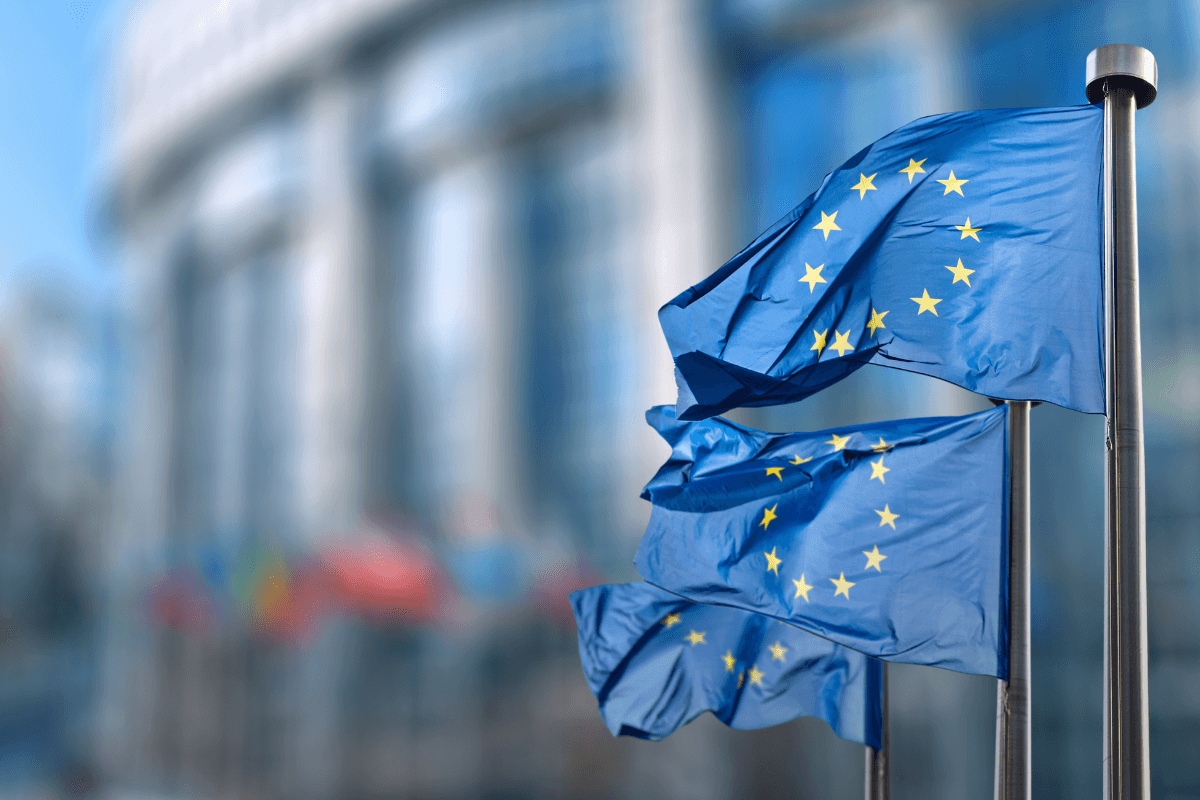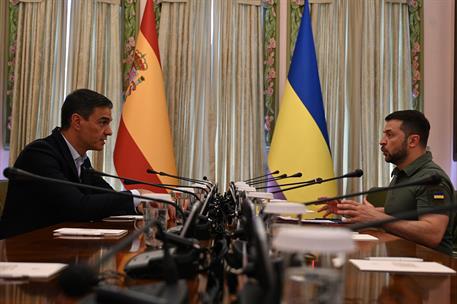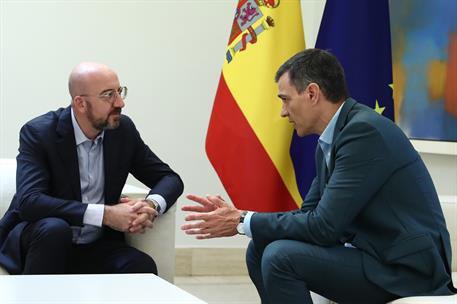Spanish Presidency of the Council of the European Union: What is it and what were its results?
News - 2024.3.11

What is the Council of the European Union?
The Council of the EU is the name given to meetings of the ministers of the Member States. Together with the European parliament, it has legislative and budgetary functions, and is responsible for policy coordination. The government ministers from each EU country meet to discuss, amend and adopt legislative measures and coordinate policies.
The Council of the EU meets in a format of ten different configurations depending on the subject to be discussed. For example, if the meeting in question is a Financial Council meeting, it will be chaired by the Minister for Finance of the country holding the presidency.
The Council of the EU should not be confused with the European Council. The latter brings together the heads of state and government of the Member States, the permanent president of the European Council and the president of the European Commission, and is responsible for setting the political guidelines of the EU.
The Council of the EU should also be distinguished from the Council of Europe, which is an international organisation aimed at promoting the shaping of a common political and legal space on the continent, based on democracy, human rights and the rule of law. The Council of Europe is made up of 47 European countries, including the 27 EU Member States.
Which country chairs the Council of the European Union and what are its functions?
The presidency is held on a six-month rotating basis by a Member State of the EU.
The presidency of the Council of the EU organises and leads Council meetings. During the six months of the presidency, more than a thousand meetings are held, ranging from those where the ministers responsible for each sector come together to those for technical experts in each of the subjects under discussion.
The presidency of the Council also represents the Council before the other EU institutions, including the European Commission and the European Parliament. Together with these two bodies, the Council of the EU carries out so-called trilogues, aimed at adopting legislative acts, including directives and regulations.
The EU may also be represented by the presidency of the Council of the EU in other international fora, although this responsibility is often shared with other figures such as the High Representative of the Union for Foreign Affairs and Security Policy, the President of the European Council and the President of the European Commission.
What is expected from the presidency of the Council of the EU?
The Council presidency must be neutral and facilitate the conclusion of agreements between the Member States of the EU. In this respect, the presidency must prioritise mediation between the different positions of the EU Member States, leaving its own national interests aside.
The ultimate goal of the presidency is for the 27 Member States to work together to achieve the best results for the EU and its citizens.
How many times has Spain chaired the Council?
This is the fifth time that Spain has held the presidency of the Council of the EU. The previous ones were in 1989, 1995, 2002 and 2010.
What were the results of the Spanish presidency of the Council in 2023?
The Spanish presidency of the Council of the European Union took place under the slogan "Europe, closer together", and with a road map marked by four priorities on which significant progress has been made:
- Boosting the EU's reindustrialisation and strategic autonomy
- Advancing the green transition
- Achieving greater social and economic justice.
- Strengthening Europe's unity
1. Boosting the EU's reindustrialisation and strategic autonomy
In agriculture, the Spanish presidency reached agreements in agricultural and fisheries sectors to face future challenges and to further the open strategic autonomy.
Progress was also made in areas such as energy, telecommunications and transport, which are of great strategic importance for the EU, including agreements to begin drafting an Artificial Intelligence (AI) Law.
2. Advancing the green transition
Among the achievements in this area, the reform of the electricity market, the agreement on the Euro 7 Regulation on vehicle emissions, as well as others linked to the circular economy, the Critical Raw Materials Act and the Palma declaration on sustainable tourism.
Progress has also been made on a new standard for the restoration of degraded ecosystems, and on measures to reduce harmful substances in industry.
Finally, a common EU position was defined for the COP28 in Dubai.
3. Greater social and economic justice
The Spanish presidency's achievements in this area include the agreement on the reform of tax rules the approval of the EU budget for 2024 and the control and monitoring mechanism linked to the Global Gateway investment agenda.
The Spanish presidency has also favoured initiatives to protect workers in a more digital and green world, attention to mental health and the promotion of a pan-European card for people with disabilities.
In addition, the recognition of culture as an "essential public asset" was agreed, the importance of the video games sector was underlined, and a provisional agreement was reached on a new legal framework for media in Europe.
4. Strengthening Europe's unity
The Spanish presidency worked to strengthen the EU's geostrategic role and to maintain unity of action in the face of international crises, such as the invasion of Ukraine. The signing of new agreements with third countries has been encouraged. In addition, a historic decision was taken: the opening of accession negotiations with Ukraine and Moldova.
Another of the main achievements of the Spanish presidency of the Council was the agreement to thoroughly reform the EU's legal framework on migration and asylum. It has also sought to reinforce the citizenship orientation and democratic values of Freedom, Security and Justice.
Who takes over the Council presidency after Spain?
On 1 January 2024, Belgium took over the presidency for the thirteenth time, under the motto "Protect. Reinforce. Prepare". In the second half of the year, it will hand over to Hungary.
Non official translation






